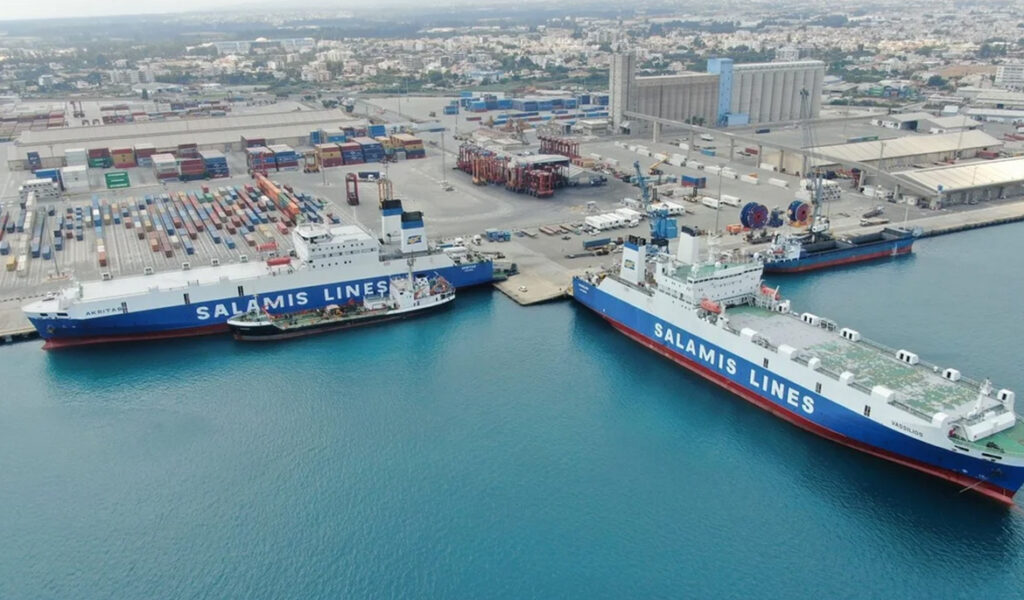The Frederick Research Center, in collaboration with the Cyprus Energy Regulatory Authority (CERA) and Electi Consulting Ltd, is developing an online platform for managing green energy usage at ports.
According to a statement released by Frederick University on Monday, this initiative is part of the funded ‘Peer-to-Peer Green Energy Sharing Platform for Cold Ironing’ national research project.
The project, known by its acronym P2P-Ironing, is co-financed by the Research and Innovation Foundation (RIF) with support from the European Union, under the Codevelop-AG-SH-HE/0823/0197 programme, and has a duration of two years.
Through the project, the consortium aims to reduce pollution and enhance the use of green energy by ships docked in ports, through the reconfiguration of energy usage and transactions at port facilities.
“The project proposes the development of a blockchain-based platform that will allow ships to purchase, procure, and operate on green energy without using their own electric generators while docked,” the announcement stated.
“By doing so, the project aims to establish a new standard in maritime operations, contributing to the global effort to reduce harmful emissions and pollutants,” it added.
The first online meeting of the project consortium took place on May 17, 2024.
Project coordinator Kyriacos Pavlou stated that “the team is fully staffed with skilled scientists and, with its collaborative team spirit, is well-positioned to achieve the ambitious goals of the project”.
According to the project’s overview, “P2P-Ironing envisions to facilitate a green solution for cold-ironing as set by European directives and international legislations thus promoting ship decarbonisation”.
By leveraging blockchain technology, the system will create an automated market for energy trading between Energy Producers, Aggregators, and Consumers (ships).
This approach, the university has explained, is intended to “reduce the electricity bill for ships and operators” and “promote the easy integration of alternative green technologies” such as compressed biomethane.
As the operational model for cold ironing is yet to be specified, the project will determine and align the roles and responsibilities of the involved parties.
The use of blockchain for this application is “unique not only at the national but also at the international level”.



